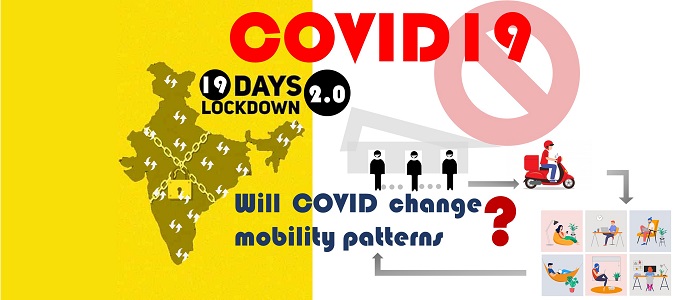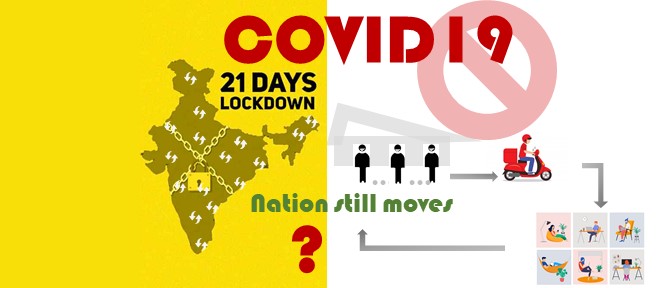
Stay home or stay close
Preliminary findings from a joint survey undertaken by RCGSIDM and the University of Leeds show drastic changes in travel patterns in the post-Covid-19 scenario For the first time in many years, Bengalis celebrated Poila Baisakh in a way they had scarcely done before – locked up at home with their families but minus the gaiety, the rituals, their unique spread of food or the co-mingling that accompany the occasion. So did Punjabis, Malayalis, Odias, Tamils, the Assamese and many other communities who celebrate April 14 each year as the start of the new year in their respective calendars. No one…

